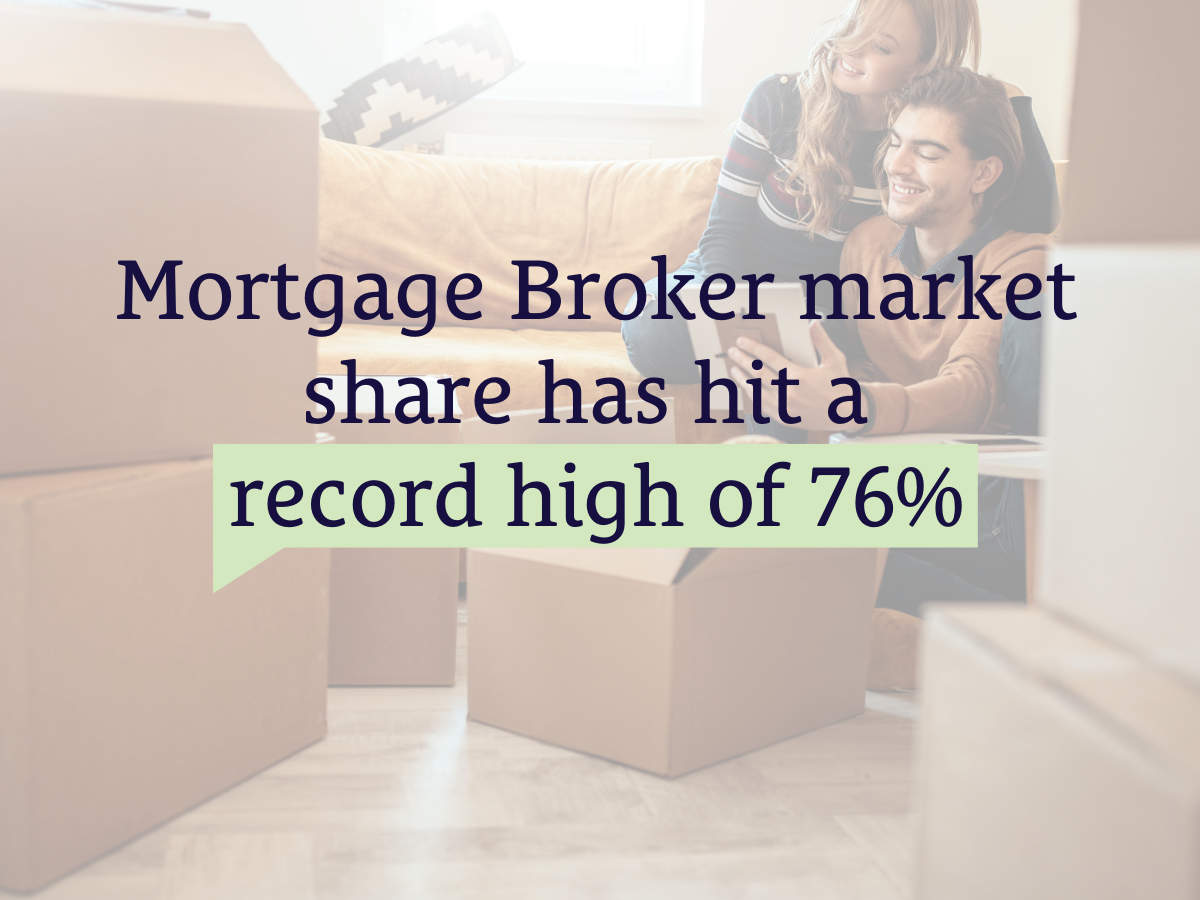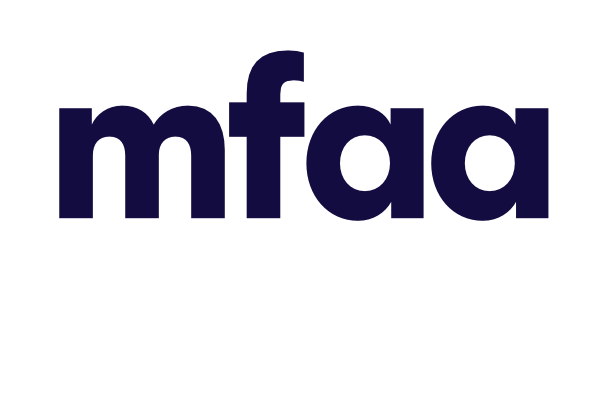

Huy Truong of ALI is not your ordinary Australian businessman or MFAA Prospa Groundbreaker.
As a young child in 1978, Huy and his family boarded a fishing trawler with 24 others to escape the oppressive aftermath of the Vietnam War and start a new life in Melbourne, Australia.
Just over four decades later Huy, now the CEO & Co-owner of ALI Group, Co-founder and Chairman of Thrive Refugee Enterprise and Member of the Federal Government’s Refugee and Migrant Services Advisory Council, is one of the country’s greatest success stories.
Inspired by his parents’ sacrifice and imbued with an ambition and energy that Huy says is not uncommon amongst refugees, the industry leader has achieved on multiple stages.
In this MFAA Prospa Groundbreakers, Huy Truong discusses his beginnings in business, his belief in refugees, his love for Australia, and his hopes for the future.
Part 1: Sacrifice & Success
MFAA: Can you tell us a little bit about how you came to Australia and how you got your start in business?
CEO & Co-Owner ALI Group, Huy Truong: I came to Australia in 1978, we were part of the first refugees that left Indochina. My father was supporting a war effort with his businesses in southern Vietnam, we were obviously fighting alongside the western forces, Americans and Australians, against the Communists and to cut a long story short obviously that didn’t work out too well. At that time, a lot of my father’s peers were being put into re-education camps, so Mum had squirrelled away a bit of housekeeping money, which effectively funded the ticket on a boat to come out to Australia. Back then it wasn’t quite as developed an industry as it is now, in terms of people smuggling as it were. We came out with fishermen who owned the boat, it was us and four families. There was about 29 people on a 10 metre boat, and we made our way through Malaysia, Singapore, down to Indonesia, to try and get across before we arrived in Melbourne. I have largely grown up in Australia.
I started my career as a management consultant with Boston Consulting Group, before gaining entry to Harvard Business School. This was during ’96 to ’98 when we saw the emergence of internet dot-com mania 1.0. The original plan was to stay in America and build my career there, but as we got to graduation it became clear that I felt that with Mum and Dad doing everything that they did to bring us out to Australia it just didn’t sit right with me to end up spending the next 10 or 15 years in a different part of the world. So, I went back to Australia and ended up starting an online retail business and from there became an entrepreneur. Since that time, I have been involved in five or six different companies either as a manager, investor, or entrepreneur. ALI to some extent is a combination where I acquired a majority stake in the company after initially being a hands-off investor, I was Chairman from 2008 through until about 2014, and then in 2014 when the CEO at the time left, I took the opportunity to jump in. At that time, I felt the company, with a bit more energy, could do a lot more. Six years later we have more than doubled the size of the business and developed some great partnerships.
MFAA: You mentioned energy, you have obviously had a very diverse career, in the early days. What drove you on in business and to achieve the level of success that you have?
HT: I guess there’s probably not one single thing, there were a few factors. My father was very inspiring for me, even though he was a hard man, he suffered from trauma having lost all of his life savings and having to start over again as a factory worker for the last 30 years in Australia, but he was very inspirational for me. The second thing is despite all the challenges we are facing with COVID-19 now and other difficulties that people face domestically, we are very lucky to live in a country like Australia. When I think about what my parents experienced in Vietnam before coming out here where you’ve got such great healthcare, education, and a foundation from which to do something in your life rather than worry about war or political persecution, you do feel very grateful. For a number of years, I felt like a guest in this country because I wasn’t born here, but I felt grateful to be here, so therefore I was motivated to do something with my life that would ultimately contribute back to the country that accepted our family. So, there was a range of motivational factors, and obviously having gone through a period of time when we were quite poor, trying to build financial independence and freedom was also a strong motivator as well.
MFAA: You are also Co-founder and Chairman of Thrive Refugee Enterprise, which provides business and financial support for refugees, helping them start and grow viable new businesses. What inspired you to establish the non-profit organisation and to help refugees?
HT: A couple of things. I mentioned before about the fabric of Australia being such a fortunate and empowering foundation and a big part of that is because we do have quite a strong safety net. Just comparing us with America, even though on face value we do watch similar television shows and speak the same language, I do find Australia and America are two very different countries. In America, the dream is about being the next Bill Gates or Jeff Bezos, everyone is climbing to the top constantly. In Australia I think we’ve got a great balance of individual drive and innovation but with a very strong sense of society, and so when we see people less fortunate than ourselves there is this innate sense of thinking ‘how do we level the playing field and make sure that others have that similar sense of security from which they can build and do something good for themselves and for society’?
So that’s one thing, but my take on refugees is slightly different in the sense that I don’t subscribe to the narrative that refugees are victims. Yes, at one level they are completely impacted by whatever persecution or issues that they’re escaping from, but when they get to Australia, we shouldn’t see them as victims that need handouts. Refugees have dealt with a lot and they’re very resilient, there’s a lot of empirical evidence that suggests that refugees who do come to Australia, over their lifetime make a significant contribution back to the Australian economy, and not just economically but socially and culturally as well. So, I decided to provide a platform of capital and support for refugees to unlock their potential and fast track their contribution.
Part of the challenge today is that a lot of the jobs that my parents did when we arrived in the late 70’s such as factory and manufacturing work, is no longer available with much of manufacturing supply chains shifting off shore, and so Thrive was started to help refugees create their own ‘job’ through micro enterprise. We don’t see refugees as victims, there’s resilience, determination, hard-work and energy there, so I thought ‘how do we facilitate that through capital and support to allow them to get into the economy?’ Because if they do, they’re going to do great things. We are coming up to three years now and we’ve had about 1,200 people walk through our doors. We’ve written about 600 business plans, and we’ve funded the first 200. Our goal over the next three years, COVID-19 has put a bit of a hold on it now, but we’d really like to get to 1,000 businesses and every one of those businesses all creating jobs for other people, and we’re now finally getting the attention of Government.
Recently, I was appointed onto the Refugee and Migrant Services Advisory Council, so we directly advise the Immigration Minister and ultimately the Prime Minister, on what they should think about when a refugee first arrives in that first 12 months. What are the activities we should help them with so that they can maximise their economic participation as opposed to just looking at them as victims, and therefore it’s all about ‘yes, we need to get the basics of health, food, shelter etc. But what else can we do to really fast track them into starting their own business or some form of self-employment, or paid employment’.
Read ‘Part II: Responding to challenges & looking ahead’, in next week’s MFAA eNews.





You can sign up for free by creating an account. If you are new to the portal, select "Create an account" to register and gain access to a range of free and useful resources.
If you already have an account, simply log in. Once logged in, you can easily apply for membership. If you need assistance, call our support team on 1300 554 817 for assistance.